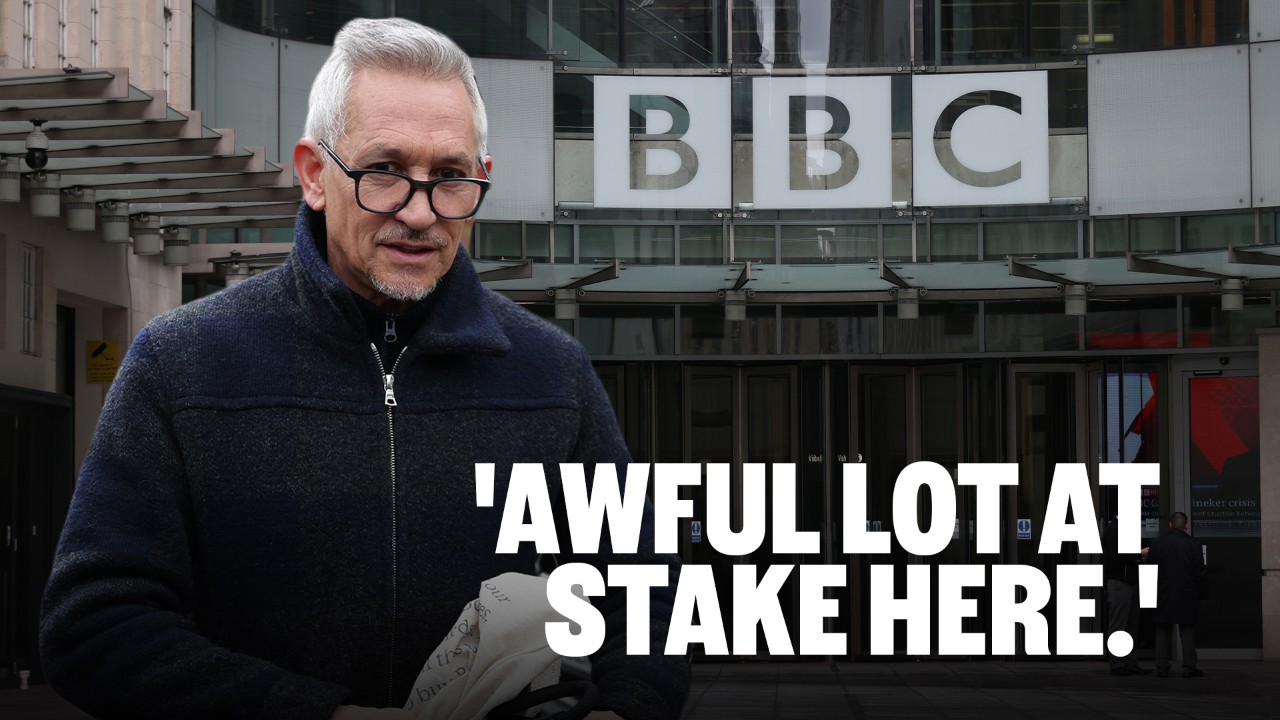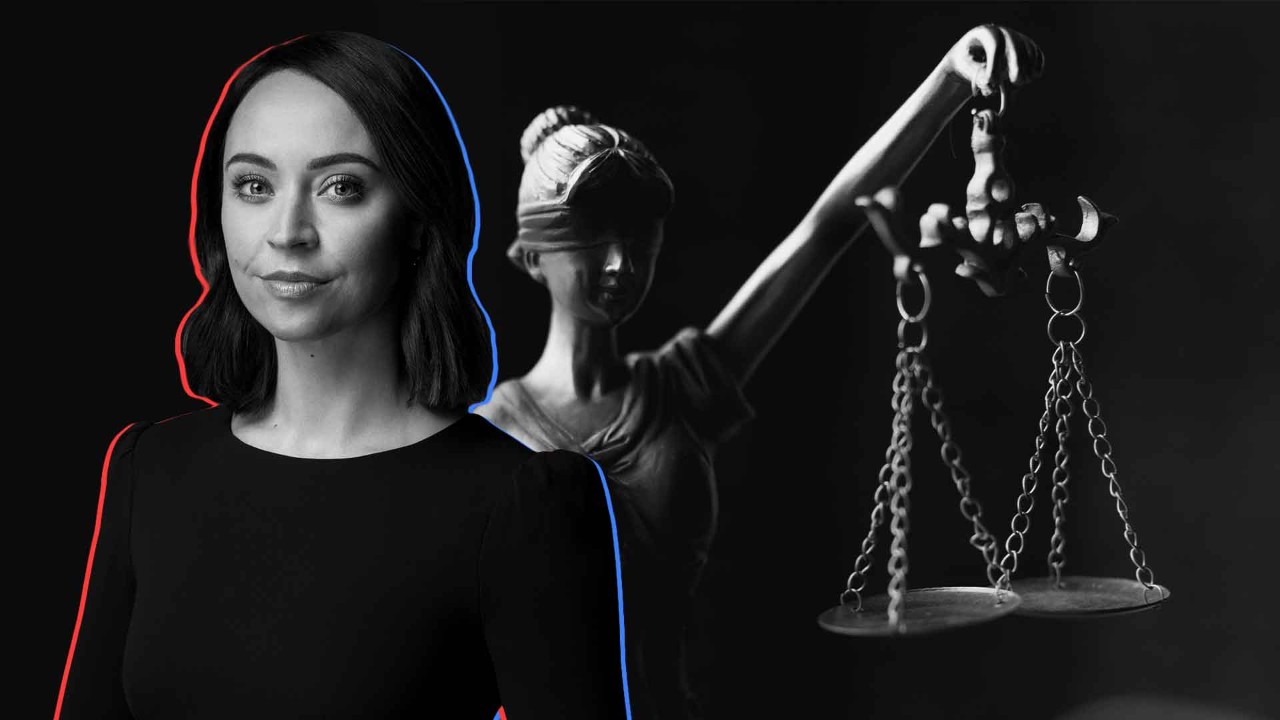RadioGPT is the latest artificial intelligence (AI) innovation that could be about to take the radio industry by storm, US company Futuri Media has announced a new system that uses OpenAI's GPT-3 and other technologies to automate radio DJing.
According to the RadioGPT website, the system is designed to create and market tailored content for radio stations by scanning Facebook, Twitter, Instagram, and over 250,000 other sources of news and information to identify trending topics in the local region.
Using GPT-3 technology, RadioGPT then creates a script for on-air use, which can be read by a station's own DJs, AI voices trained to sound like those DJs or completely new AI-generated voices.
Customers are also able to create radio shows with up to three entirely virtual DJs.
RadioGPT's capabilities extend beyond on-air roles and into the online realm. In addition to its broadcasting functions, RadioGPT can also create written content such as blogs and social media posts related to the topics being discussed on-air. These written pieces can then be automatically published on a radio station's website or social media accounts.
A demo radio station has been set up by RadioGPT in order to demonstrate the abilities of the AI.
Futuri Media has reportedly locked down a couple of partners for an upcoming beta test launch and is looking for others to join.
There are concerns about the potential for the system to spread misinformation on-air and what the system could say.
An AI-generated 'Seinfeld' show was recently banned on Twitch after a transphobic standup bit.
The AI powering the show had been trained on the classic sitcom episodes and various AI tools, enabling it to emulate the structure of a traditional Seinfeld episode.
Futuri touts RadioGPT’s ability to "share news updates and current events relevant to [an] audience’s interests and demographics," but as we’ve seen from ChatGPT, language models are designed to create human-sounding text, which is not necessarily factual text.
SIGN UP TO OUR NEWSLETTER.
Stay in the loop on some of the most important things happening at Today FM - whether it be the biggest news stories, host opinions or the latest on what you need to know about happening on air and on our website. Sign up here.















